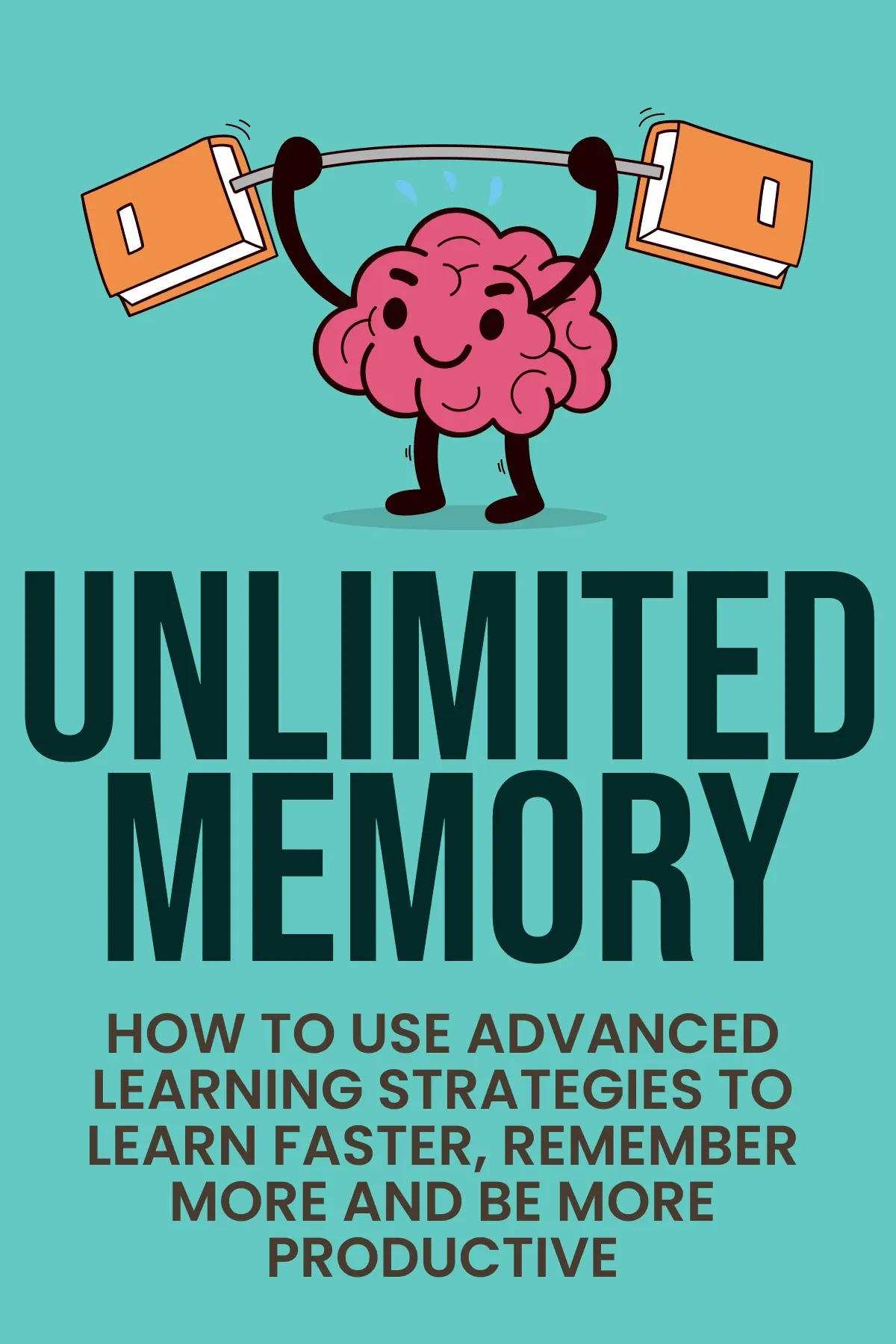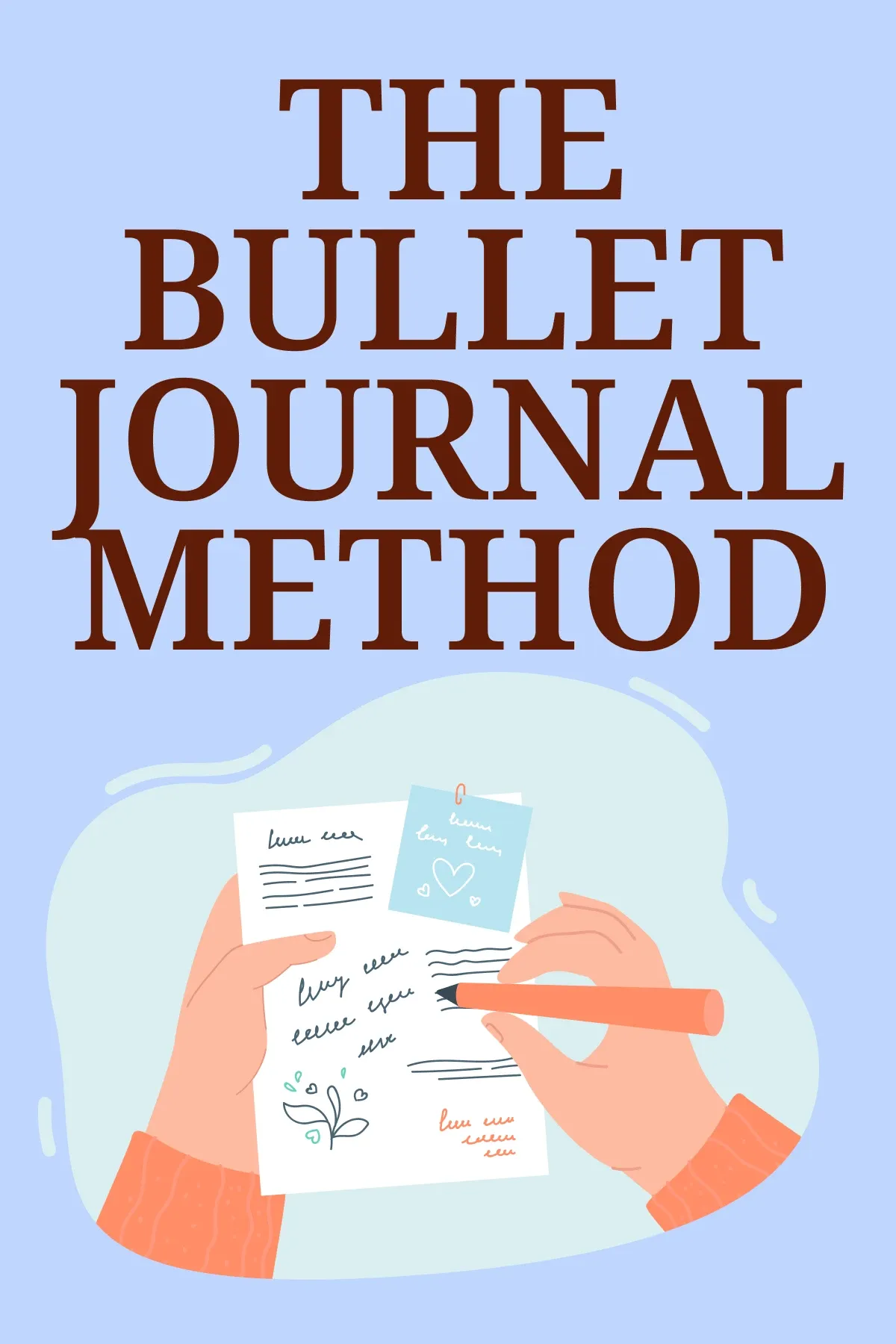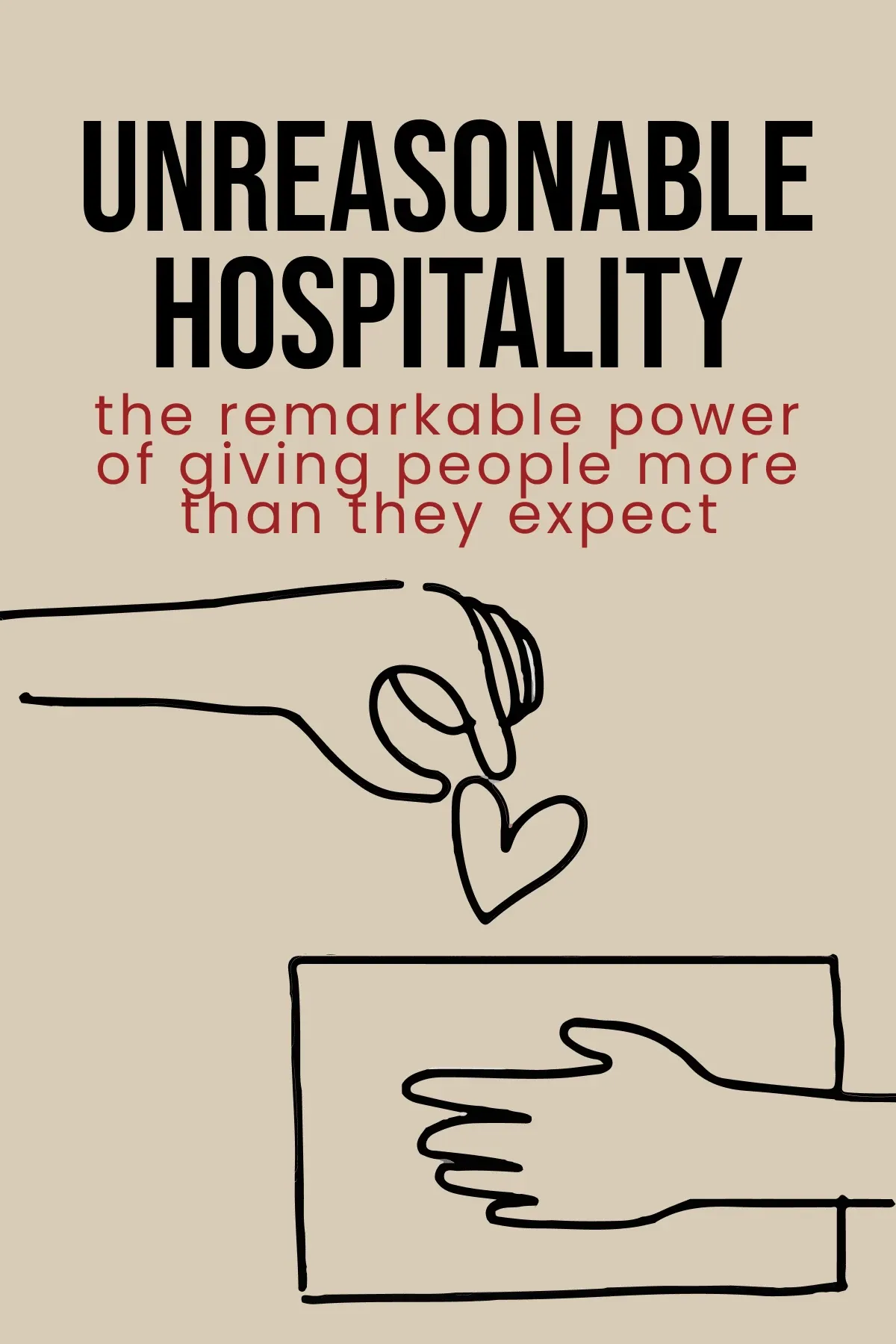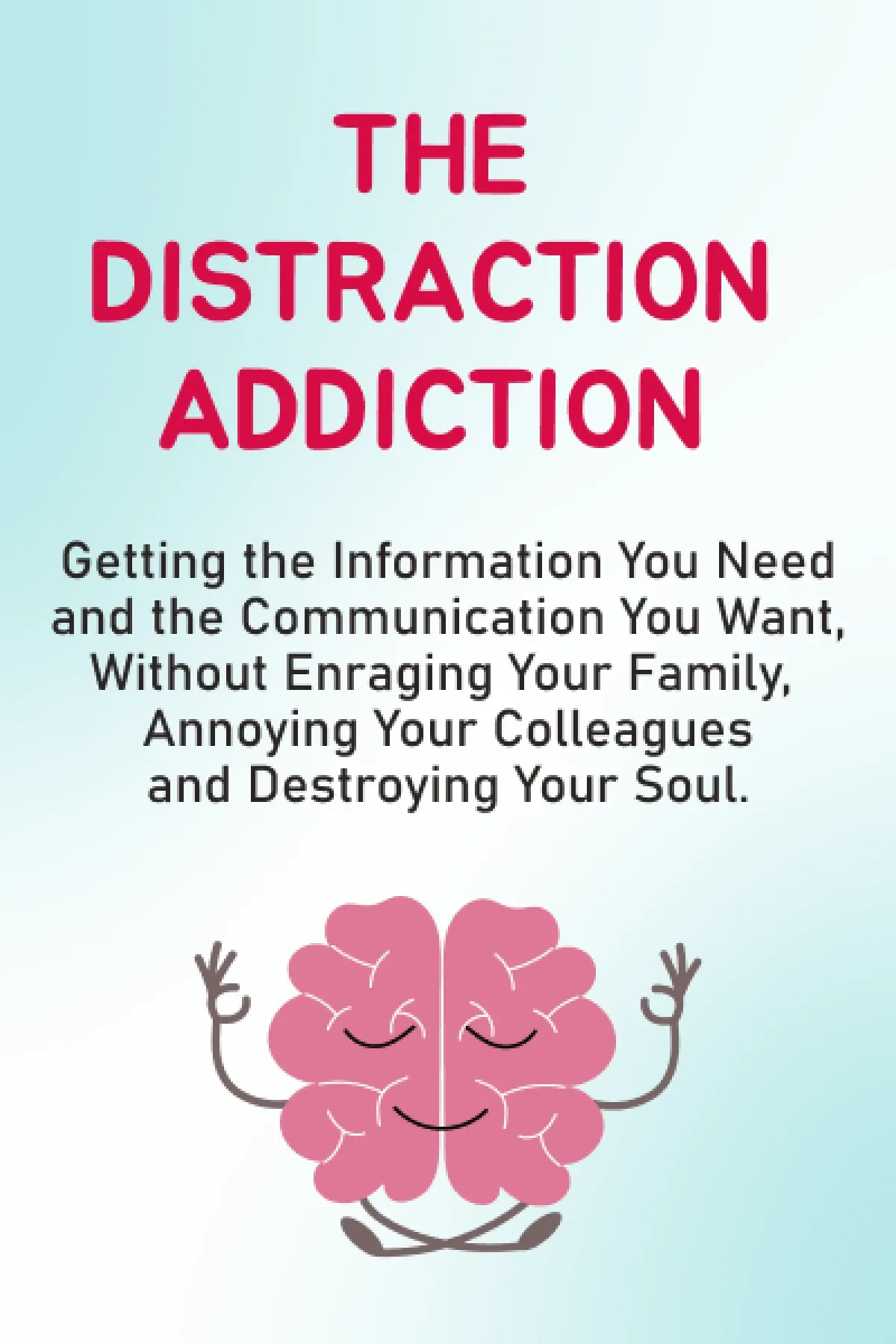
Radical Acceptance
Brief Summary
“Radical Acceptance” by Tara Brach is a unique blend of Eastern mindfulness with Western psychology. Brach explores the concept of Radical Acceptance, encouraging us to confront and release our deepest fears and insecurities. She demonstrates the path to self-love, mindfulness, and inner peace through interesting stories and practical exercises.
Topics
Key points
Key idea 1 of 6
Ever had a dream where you were desperately trying to escape from something? However, you realize that no matter how hard you run, you just can't break free. It's a unique experience; some say it mirrors a feeling of inadequacy in our waking lives.
Sometimes, we feel like our daily existence resembles the chaotic pursuit of a narrow goal. Success always seems to slip through our fingers. Almost everyone navigates life with the constant struggle to "go somewhere" or achieve something significant.
Remember that you are not alone out there, thinking you’re not “good enough." This is a common problem. We've grown up with the notion that perfection is an achievable standard for everyone, shaping our ideals of who we should be. Regrettably, we ultimately find ourselves living the life of somebody else, not the one we always wanted. This sense of inadequacy is what Tara Brach calls the "trance of unworthiness." It often leads to shame and a pervasive self-struggle. People experience a continuous inner conflict over perceived flaws.
The trance of unworthiness is dangerous and can manifest in destructive behaviors. For example, people face issues like excessive drinking, overeating, or smoking. Such coping mechanisms are just misguided attempts to deal with a constant internal battle. The root of these feelings can be traced back to our cultural upbringing. From the ancient tale of Adam and Eve, we've cultivated the belief that humanity is inherently flawed. Thus, we think we must seek repentance to get back to paradise.
Buddhism, in contrast, suggests a different path. The central mindset is to release the pursuit of perfection. We should let go of the relentless focus on the future and, instead, embrace the inherent goodness of who we are. Shedding the notion that we are fundamentally flawed and "bad" allows us to redirect our focus. It guides us toward recognizing and appreciating the built-in worthiness within ourselves.
FAQ
You may also like these summaries











